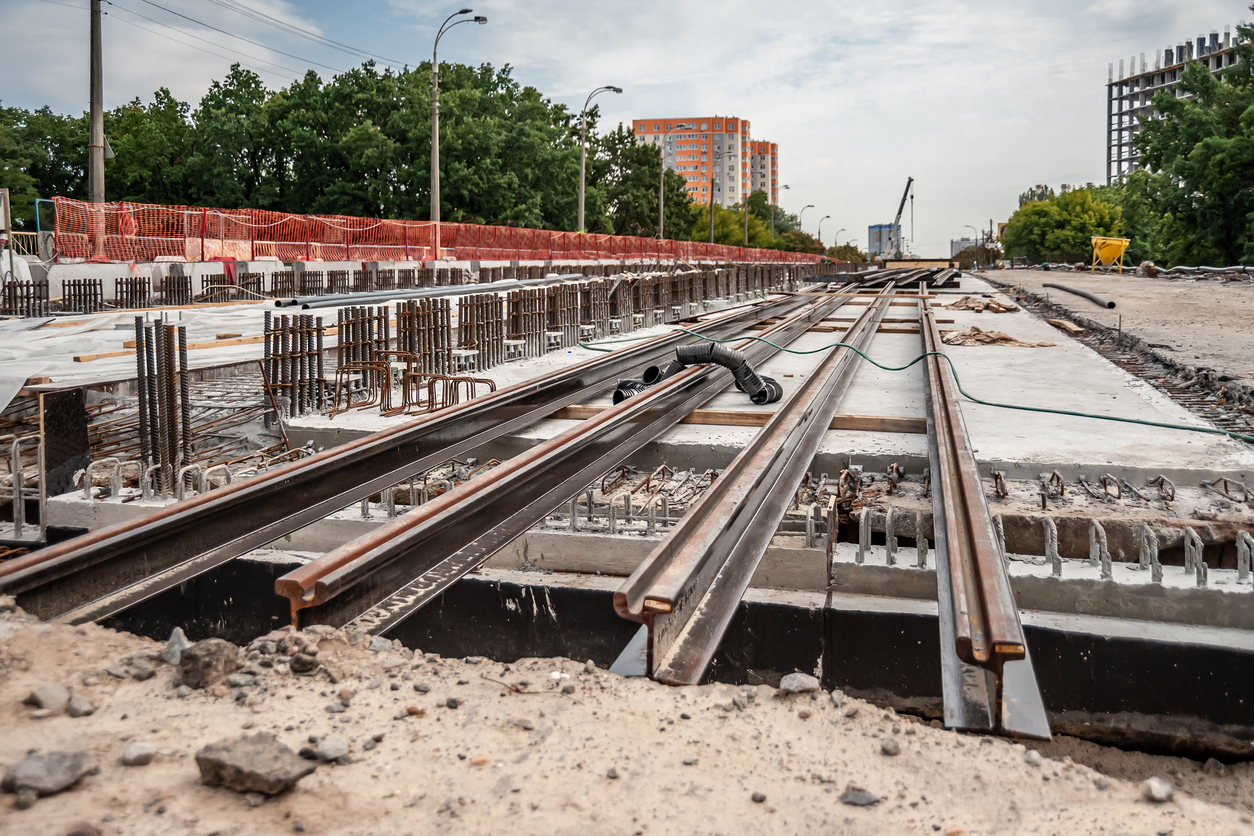Sound Transit can provide car tab relief and walk away unscathed
This article was originally published as an op-ed in The Puget Sound Business Journal
There is good news for families paying inflated car tab fees, and it doesn’t require waiting for the next legislative session. Sound Transit can provide car tab relief overnight and walk away financially unscathed.
Unfortunately, transit officials worked hard to secure the overcharges and continue to hold a tight grip on car tab money flowing to the agency – outside of public reach. They deflect public frustration and say the outcry over unfair overcharges is just temporary sticker shock. This is insulting to voters. People are rightly angry because they feel cheated and dismissed.
During this last legislative session, many of those same people reached out to their state legislators to fight against the powerful agency after decades of broken promises and violations of public trust. Time ran out and politics got in the way. This is disappointing, but it is also an opportunity for Sound Transit to do the right thing rather than pretend there is no fix.
Sound Transit officials could provide relief immediately, without legislative action, by paying off their old Sound Move bonds now rather than in 2028. Eliminating old debt early is called defeasance and is a provision that is built into Sound Transit’s bond contracts.
Doing so would remove the 0.3 percent car tab rate and associated bond debt from Sound Transit’s books. The remaining Sound Transit 3 car tab fee of 0.8 percent, passed by voters last year, would switch to the more accurate 2006 depreciation schedule in state law. Taxpayers would save an estimated $2 billion in tax overcharges.
This solution strikes a fair balance between the Democrats’ House Bill 2201, which promotes the use of the fairer 2006 depreciation schedule, and the Republicans’ Senate Bill 5893, which seeks greater tax relief by reducing the car tab rate. It’s a win-win-win.
The outcome would be a healthy change in Sound Transit’s attitude toward spending our money. Sound Transit officials regularly boost budgets and say that it is reasonable and affordable to do so.
Last March, the agency dipped into more than half of all contingency funds for East Link on I-90 to cover a $225 million cost overrun – before construction started. The agency did not reopen bidding to seek the best value for taxpayers. Instead, board members decided themselves that the cost was “fair and reasonable.”
And we can’t forget last year’s excessive grand-opening party for Seattle’s Capitol Hill and University of Washington light rail stations, which alone cost taxpayers nearly $1 million. Sound Transit officials felt it was perfectly reasonable to spend $28,000 on tote bags, $130,198 for an advertising campaign, and thousands more for buttons, lanyards and paper trains.
Given these double standards about public spending, it is no surprise that legislators doubted Sound Transit officials when they reported that a car tab fix just wasn’t affordable.
Rather than waiting for legislators to try again in 2018, taxpayers should expect accountability and integrity from Sound Transit now. The agency has repeatedly shown that it has enough savings and padding built into its financial model to correct this inequity, without deferring projects or impairing bond contracts.
What we have learned is that transit officials make changes to budgets, timelines and projects, quickly mitigating shortfalls in revenue, when they determine the changes are in the agency’s best interest. Perhaps it’s time for the Sound Transit Board to re-evaluate whether keeping a tight grip on tax overcharges is in the agency’s best interest as well.
With multiple public complaints and a Senate legislative investigation underway, the agency cannot expect to survive if it continues taking advantage of the public.
This article was originally published as an op-ed in The Puget Sound Business Journal






